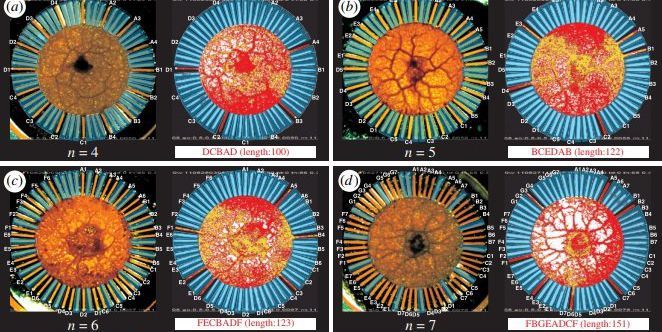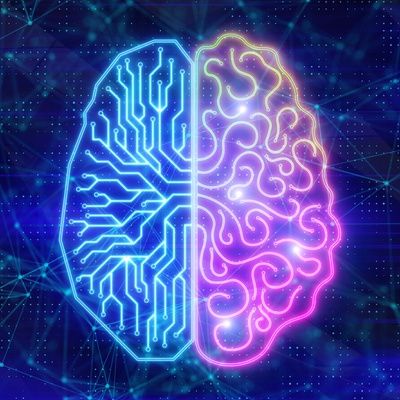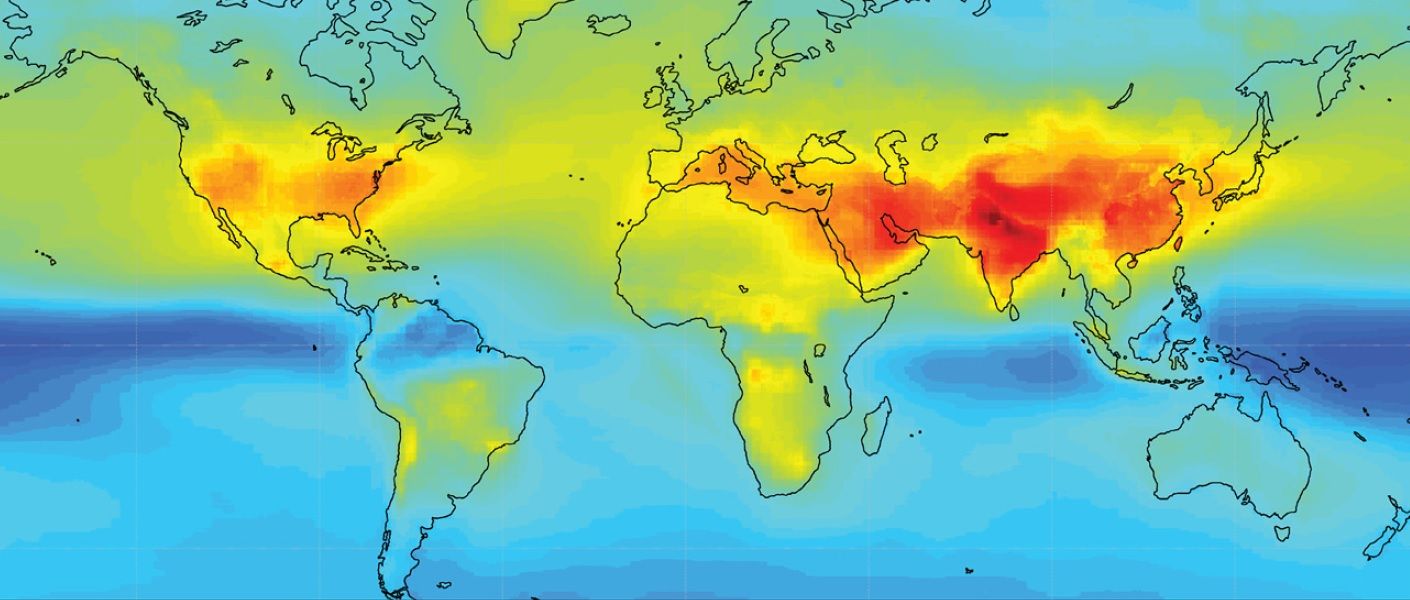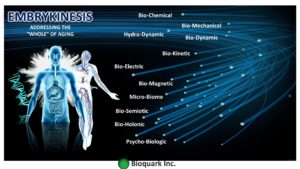One small amoeba found a solution to the traveling salesman problem faster than our best algorithms. What does it know that we don’t?



The innovators and discoverers of tomorrow took centre stage in Chesterfield Inlet when Victor Sammurtok School (VSS) hosted its Elementary Science Fair on Dec. 4. Local fairs in schools across the region led up to the Kivalliq Science Educators’ Community’s (KSEC) Kivalliq Regional Science Fair, where students were vying for the right to represent the…

Facial recognition technology is being tested by businesses and governments for everything from policing to employee timesheets. Even more granular results are on their way, promise the companies behind the technology: Automatic emotion recognition could soon help robots understand humans better, or detect road rage in car drivers.
But experts are warning that the facial-recognition algorithms that attempt to interpret facial expressions could be based on uncertain science. The claims are a part of AI Now Institute’s annual report, a nonprofit that studies the impact of AI on society. The report also includes recommendations for the regulation of AI and greater transparency in the industry.
“The problem is now AI is being applied in a lot of social contexts. Anthropology, psychology, and philosophy are all incredibly relevant, but this is not the training of people who come from a technical [computer science] background.” says Kate Crawford, co-founder of AI Now, distinguished research professor at NYU and principal researcher at Microsoft Research. “Essentially the narrowing of AI has produced a kind of guileless acceptance of particular strands of psychological literature that have been shown to be suspect.”


As local, federal, and international policies targeting the quality of the air we breathe continue to evolve, questions arise of how effective existing policies have been in improving human health. For example, how many lives have been saved by tough air pollution policies? How many illnesses have been caused by lax policies?
Annual mean levels of fine particulate matter (PM2.5) pollution declined in the United States between 1990 (left) and 2010 (right), leading to thousands of lives saved, according to researcher Jason West.





Very excited to join IdeaXme (http://radioideaxme.com/) as Longevity Ambassador, utilizing this wonderful media platform to help expand global awareness of the people engineering a future free of aging, disease, degeneration, and suffering.